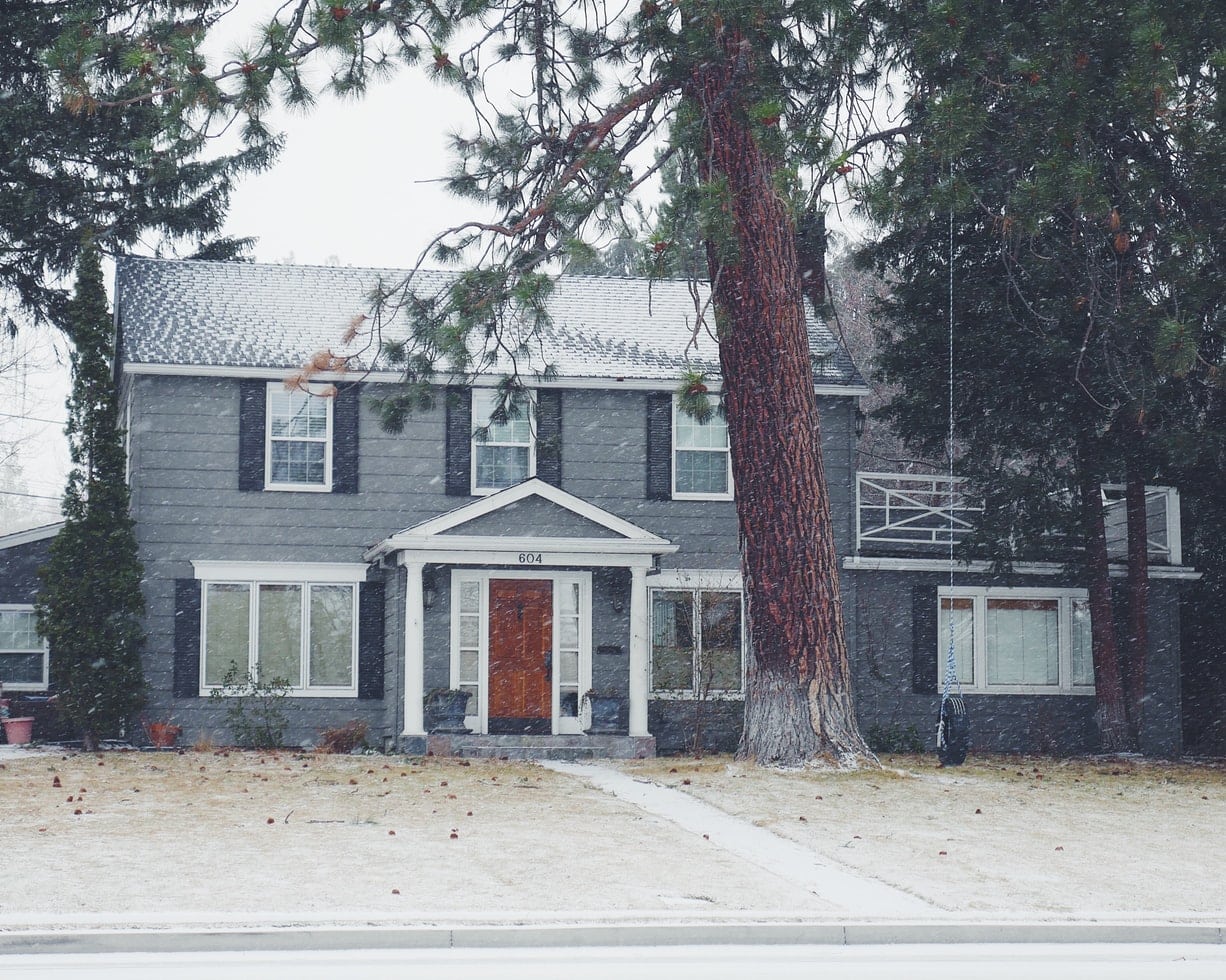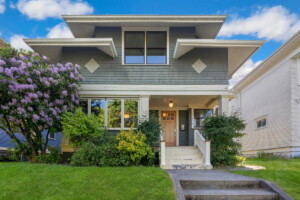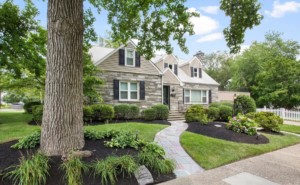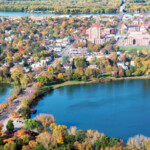
Winter weather puts a lot of strain on your home’s exterior — especially when it comes to biting winds and heavy snowfall. If your home isn’t prepared for the freezing climate, expensive repairs could be in your near future. Keep the bills down and stay safe with these tips on common winter home dangers:
1. Frozen pipes
If you didn’t have your pipes checked before winter, a sudden drop in temperature could lead to them bursting. Pipes without proper insulation are prone to freezing, which leads to cracks and leaks. This can cause water to flood your basement, kitchen or bathroom floor. Check pipes in the attic and basement to make sure they’re covered in insulation and call a plumber if they aren’t. Also, check for any leaks or holes in the walls and immediately fill them with caulk.
Renovating your home?
Find out what your home's worth, edit facts, and see the impact of home projects.
2. Roof leaks and ice dams
Renovating your home?
Your roof is prone to leaks when it is repeatedly pelted by snow, wind, sleet or hail. When water leaks into your attic, it can decay supportive wood planks and insulation. Have your roof checked for leaks and if you need to fix it, you can research roof repair cost estimates for your area.
Another major winter roofing problem is ice dams. Ice dams occur on sloped roofs when snow accumulates, slides down the slope and creates a dam of ice at the edge — often in the form of ice crystals or icicles. As a result, snow cannot flow properly off the sloped roof, which can lead to leaks into the attic. If your roof is prone to ice dams, have ice and snow removed to prevent further damage.
3. Clogged gutters
When snow builds up in your gutters, they can freeze and cause ice dams to form. When this happens, snow can’t melt through the downspouts into the yard below. This can lead to snow leaking into your attic or siding and damaging your home’s interior. If you haven’t seen water flowing through your downspouts recently, make sure there isn’t ice in your gutters. If you need to, hire a gutter cleaning or repair service to come out and check them; it could make the difference in spending a few hundred dollars on gutter maintenance versus spending thousands on new siding or extensive attic repair.
4. Broken heating system
A broken heating system isn’t necessarily a winter home danger, but it can bring a lot of discomfort if left unchecked. Have a heating professional check your heating system on a day when the temperatures rise above freezing. Keeping your home warm on the frigid days is tough on your heating system. If it isn’t used to the extra work, it could go out — which could leave you freezing on a day when driving conditions are questionable and it’s hard to get a pro out to fix it. You should also turn the heat down to 60 degrees when you aren’t home and 65 degrees when you go to bed, so the heating system can take a break. It saves you a few dollars, increases energy efficiency and keeps the heating system in better condition for longer.
5. Indoor smoke and fire hazards
To add some extra heat to the house, you might throw a few logs in the wood-burning fireplace. If you didn’t have your chimney cleaned in the fall, there’s a chance that smoke — or even fire — could come back into the house. Chimneys develop creosote over time. Creosote is highly combustible; if it isn’t cleaned out regularly, it can start a chimney fire. A chimney fire can lead to a house fire, so make sure you have your chimney checked and cleaned every year.
Looking to save money on your mortgage?
6. Space heater hazards
Space heaters are another great way to add heat to the house, but you have to be careful about their use. You should never leave a space heater unattended or near a window treatment. A space heater can cause a fire if knocked over or left too close to materials such as cotton. It’s smart to replace a space heater that’s more than a few years old with one that has more safety features to protect the house from an accidental fire. Some models will automatically shut off if they fall over.
It can be easy to overlook some of these winter home dangers. Make sure to be mindful of these hazards so you can stay cozy and safe this winter.



























 United States
United States Canada
Canada